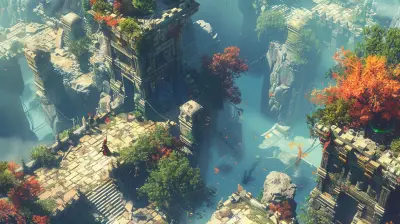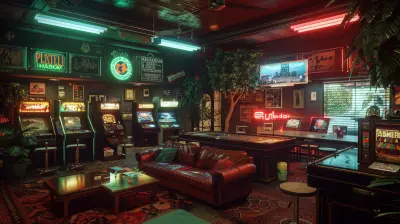The Role of Mental Health in Game Development and Design
7 July 2025
Game development is a dream job for many—a chance to build entire worlds, shape immersive narratives, and design unforgettable experiences. But behind the glossy façade of breathtaking graphics and addictive gameplay lies a reality that doesn’t get nearly enough attention: the mental health of the people creating these games.
Let’s not sugarcoat it—game development can be brutal. Endless crunch cycles, tight deadlines, creative burnout, and the constant tug-of-war between passion and performance can take a serious toll. So why are we not talking more about mental health in this industry?
In this article, we’re going to unpack the role of mental health in game development and design. We'll dig into how it affects developers, the games themselves, and even the players. But don’t worry—it’s not all doom and gloom. We’ll also look at how the industry can evolve and the steps being taken to create healthier work environments.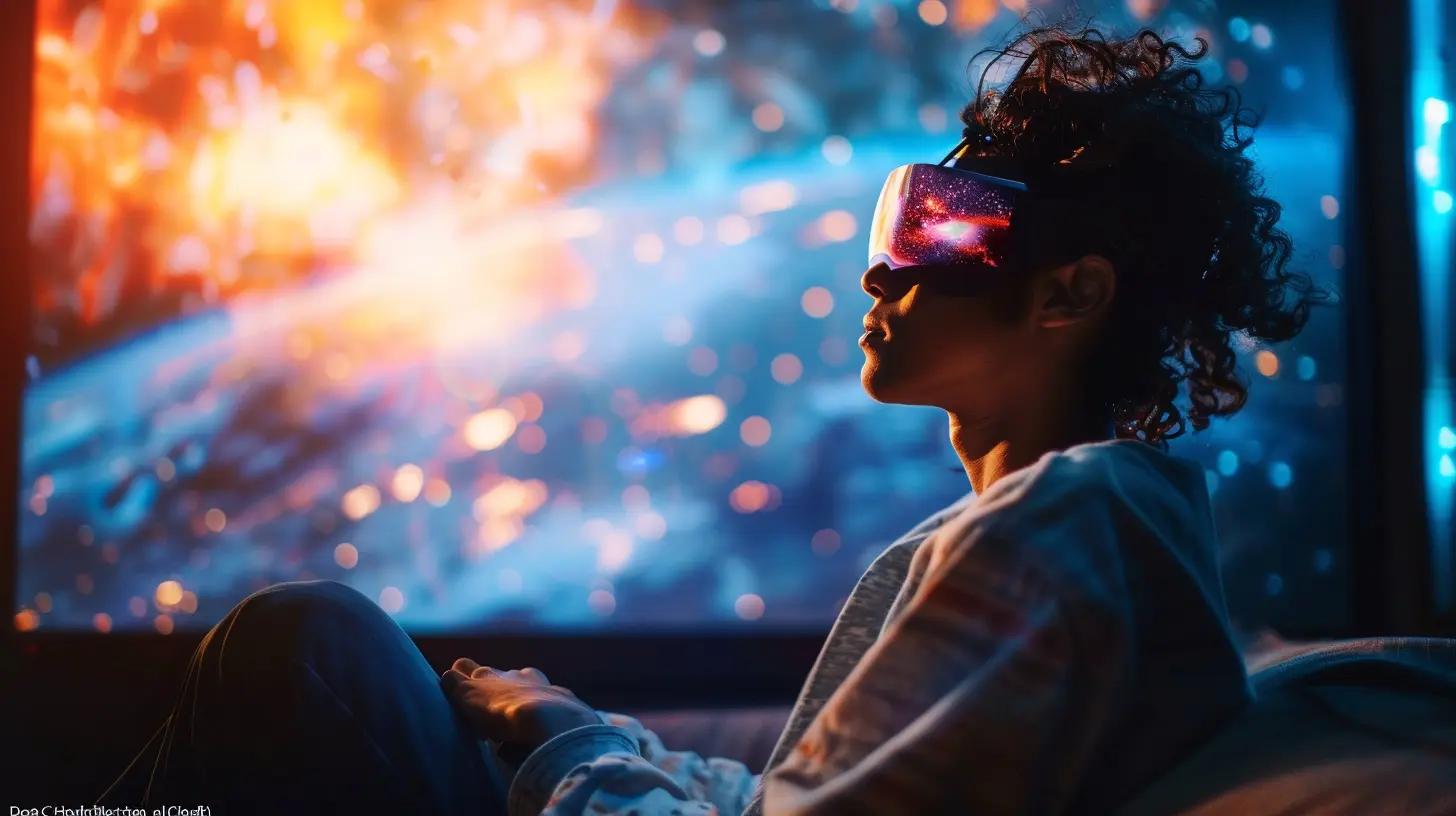
🎮 Why Mental Health Matters in Game Development
Think about this: Would you want to play a game made by someone who’s completely burned out, creatively drained, and emotionally exhausted? Probably not. Because the truth is, mental health isn’t just a personal issue—it directly influences the creativity, productivity, and quality of the end product.Game dev isn’t your typical 9-to-5. It’s an emotional rollercoaster where creativity meets high-pressure tech. Developers aren’t just coding—they’re storytelling, designing worlds, balancing gameplay, debugging under stress, and navigating constantly shifting expectations.
When mental health takes a nosedive, so does everything else.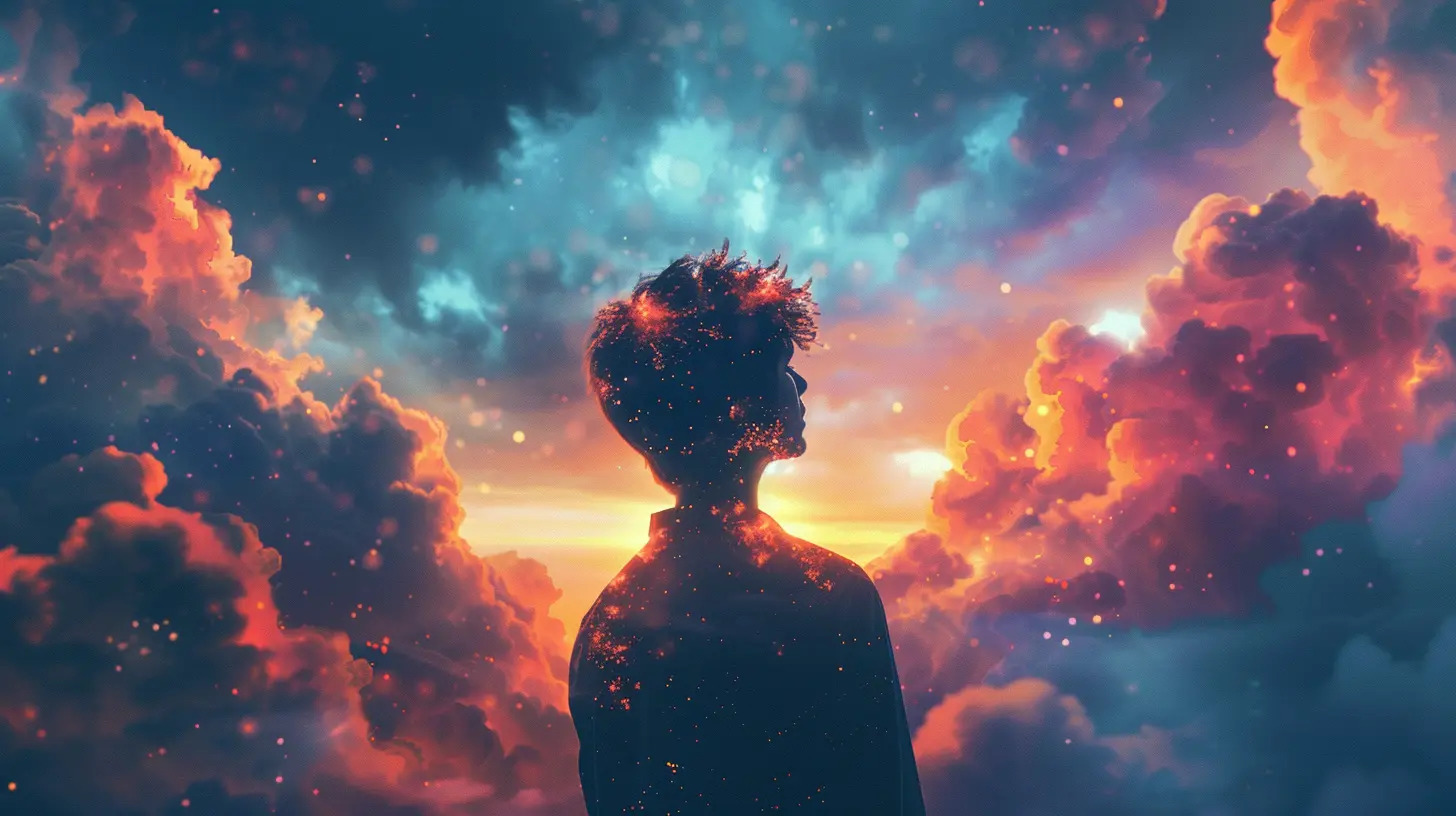
🧠 The Mental Health Challenges Game Developers Face
Let’s break down the main culprits messing with the mental well-being of game developers:1. Crunch Culture
Ah, the dreaded crunch. It's the industry’s dirty little secret—though it’s not really a secret anymore. Crunch refers to those periods (which often stretch for months) when developers work insanely long hours, sometimes 60, 80, or even 100 hours a week, just to meet a launch deadline.Sure, some devs say they "choose" to crunch. But let’s be real—how much of that is genuine choice and how much is the pressure to perform, retain their jobs, or live up to team expectations?
The long-term effects of crunch are brutal. We’re talking chronic stress, anxiety, depression, broken relationships, and total creative burnout.
2. Job Insecurity
Gaming is a billion-dollar industry, yet game devs often face massive layoffs after a project ships. Imagine pouring your heart into a game for three years, only to be let go the week it launches. That kind of job instability is mentally wrecking.It leads to constant anxiety about the future. How do you commit creatively when you’re always watching your back?
3. Toxic Work Environments
Let’s not ignore the elephant in the room—some game studios have seriously toxic cultures. From workplace harassment to poor management and lack of support, it’s a recipe for mental health disasters.Even well-intentioned studios can create toxic environments if they don’t implement boundaries. Passion is great, but not when it turns into obsession that sacrifices well-being.
4. Impostor Syndrome
Ever felt like you don’t belong, even though you've earned your place? Most devs battle this beast at some point. Impostor syndrome can sneak in and whisper that you're not good enough, that your code sucks, or that you’re just riding on luck.This constant self-doubt is mentally exhausting and kills motivation and creativity.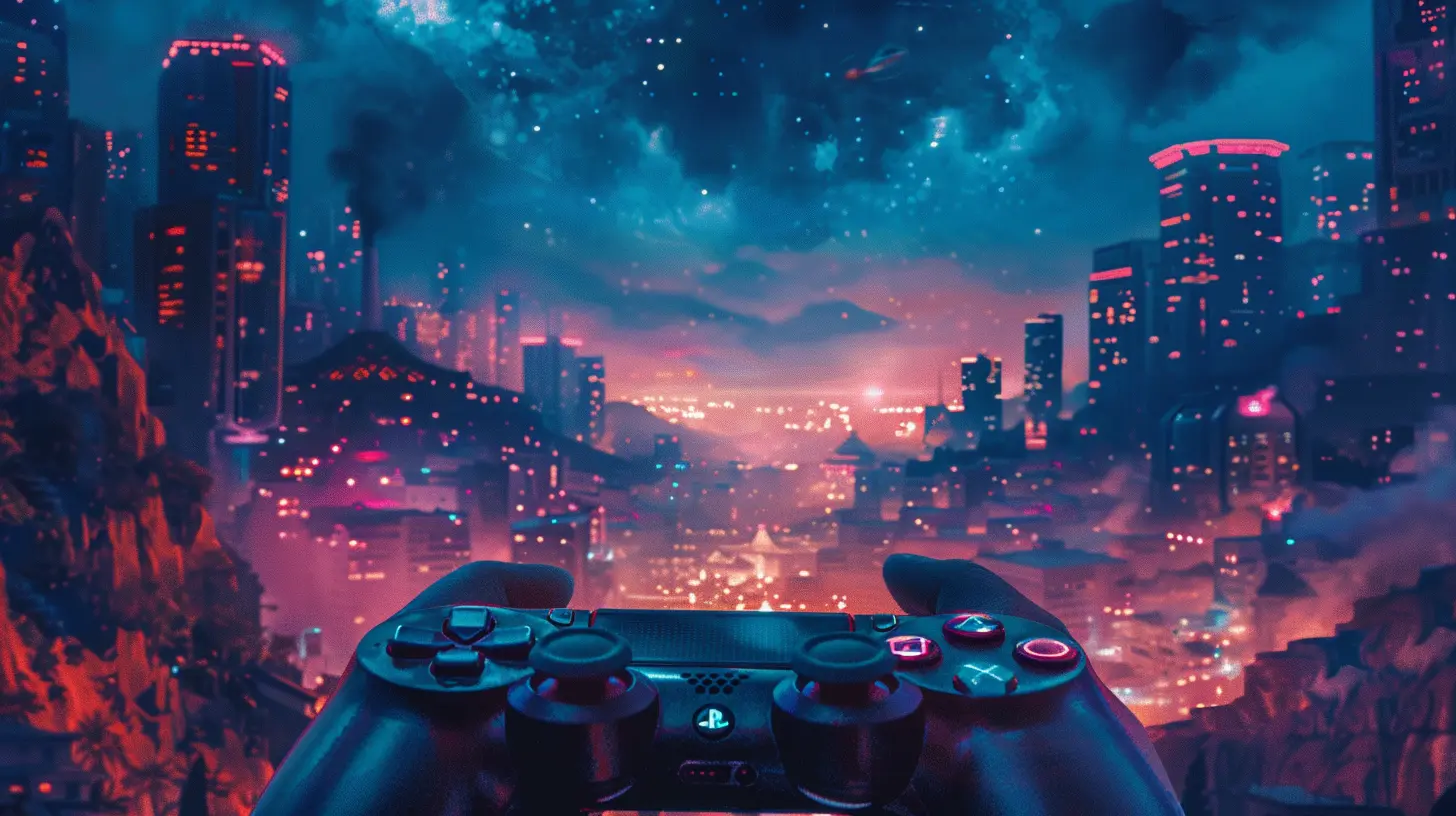
💡 The Creative Side: How Mental Health Affects Game Design
It’s not just devs that feel the impact—mental health affects the games themselves. The emotional state of the designers and developers often bleeds into the creative process.A) Burnout Breeds Bland Games
It’s hard to innovate or pour emotion into your work when you’re just trying to survive the day. Many seasoned devs admit that their most uninspired designs came during times of stress and fatigue. When you're mentally drained, you're more likely to play it safe, avoid risks, and stick to what you know. That’s fine for deadlines, but terrible for innovation.B) Mental Health Themes in Games
On the flip side, many devs use games as a form of emotional expression. Games like Celeste, Gris, Hellblade: Senua’s Sacrifice, and Night in the Woods deal directly with topics like anxiety, grief, trauma, and depression—and they do it beautifully.These games resonate deeply with players because they come from a place of honesty. It’s art imitating life. But for the creators, building these emotionally driven games can also stir up unresolved mental battles.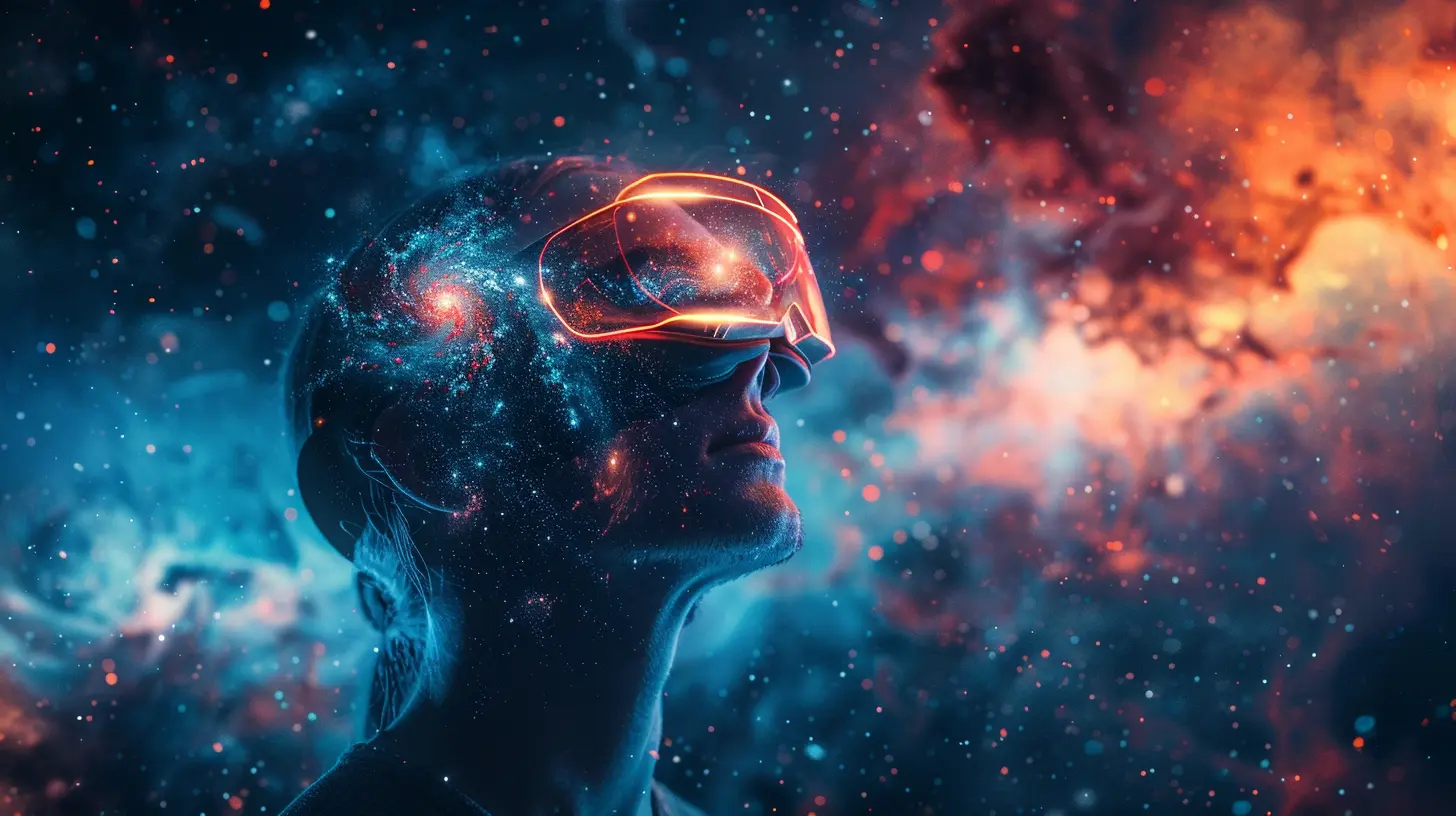
👩💻 It’s Not All Bad News: Positive Mental Health Practices On the Rise
Here’s the silver lining: things are slowly changing. The conversation around mental health in the gaming world is louder than ever—and that’s a good thing.1. Mental Health Resources and Training
More studios are offering access to mental health resources, including therapy, counseling, and wellness programs. Some even bring in specialists to train employees in managing stress and maintaining work-life balance.Having these tools can be a total game-changer (pun intended).
2. Remote and Flexible Work
The pandemic proved that remote work is not just possible—it’s productive. Many studios have now adopted hybrid or fully remote models, allowing developers more control over their schedules. That shift alone has been a major morale booster.3. Healthy Team Cultures
Studios like Supergiant Games and thatgamecompany are proving that you can create stunning, award-winning games without sacrificing your team’s mental health. They prioritize rest, teamwork, clear communication, and creative freedom—and it shows in their games.Healthy teams build healthy games. Simple as that.
🎯 How Can the Industry Do Better?
We’ve come a long way, but we’re far from the finish line. Here’s what needs to happen next:➤ Normalize Mental Health Conversations
Talk about it. Make it part of onboarding, team meetings, and daily culture. When people feel safe to speak up about what they’re going through, it breaks the stigma and opens the door for real support.➤ Kill the Crunch
Let’s retire the idea that crunch is necessary for greatness. Management needs to plan better, respect boundaries, and hire enough staff to meet deadlines without destroying lives.➤ Protect Indie Developers
Big studios aren’t the only ones in this boat. Indie devs often wear multiple hats and work in isolation, which can be just as mentally taxing. We need support systems, communities, and funding options that make indie game development sustainable.➤ Design for Well-Being
Mental health should also influence how we design games for players. More devs are now building mechanics focused on healing, mindfulness, and emotional storytelling. These aren’t just games—they’re experiences that help people process emotions and feel seen.🎮 Mental Health, Players, and the Ripple Effect
Here’s something worth thinking about: when developers are mentally well, players benefit too. Why? Because games reflect the energy they’re built with.Great mental health in development = more thoughtful mechanics, richer stories, more inclusive characters, balanced gameplay, and fewer toxic game communities.
Plus, when games tackle mental health in their narratives, they give players tools to understand their own emotions. It becomes a two-way healing process: devs heal through creation, and players heal through play.
⏳ Final Thoughts: It’s Time for a Healthier Game Industry
Let’s be honest—games are more than just entertainment. They’re art, expression, therapy, and connection all rolled into one. So it only makes sense that the people making these games should feel supported, safe, and mentally well.The role of mental health in game development and design isn't a side quest—we're talking main storyline here.
If we want better games, we need to treat the people making them better.
So whether you're a dev, a designer, or a die-hard gamer, start caring about mental health in games. Start the conversations, support the change, and never forget: behind every great game is a human being who deserves to feel emotionally and mentally whole.
all images in this post were generated using AI tools
Category:
Gaming IndustryAuthor:

Emery Larsen
Discussion
rate this article
2 comments
Melanie McFadden
Great insights! Prioritizing mental health is crucial for sustainable game development.
October 23, 2025 at 5:00 PM

Emery Larsen
Thank you! I'm glad you found it insightful. Prioritizing mental health is indeed vital for fostering creativity and sustainability in game development.
Wren O'Neal
This is such an intriguing topic! It's fascinating to see how mental health influences game development and design. Understanding the creator's mindset could lead to more empathetic and engaging games. I’m excited to explore how these elements intertwine!
July 13, 2025 at 4:52 AM

Emery Larsen
Thank you for your thoughtful comment! I completely agree—understanding the creator's mindset can lead to richer, more empathetic gaming experiences. Excited for your exploration of these connections!
